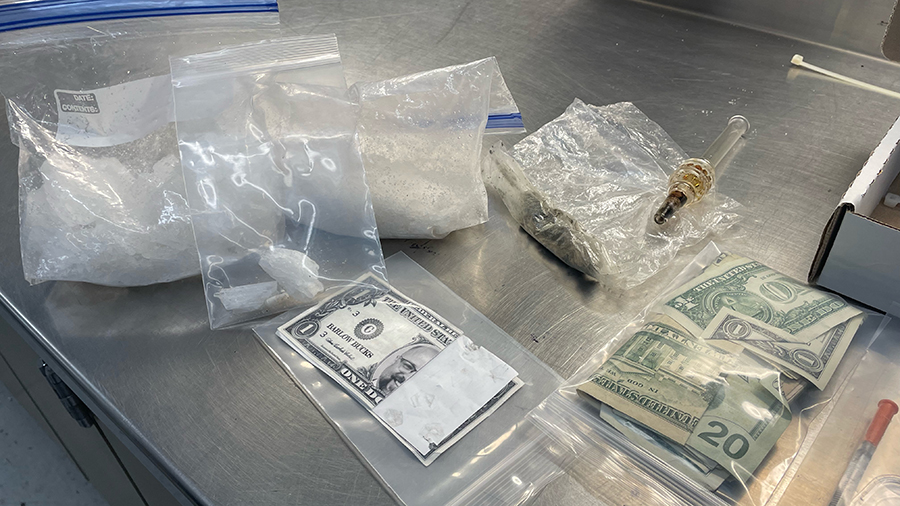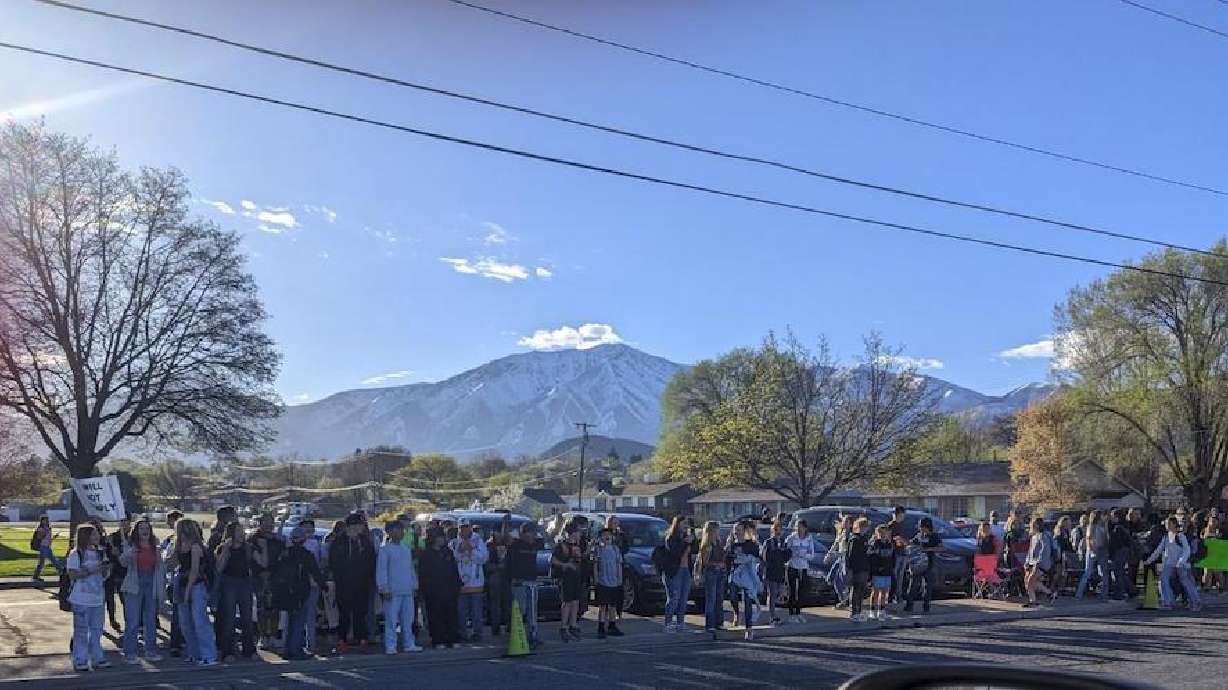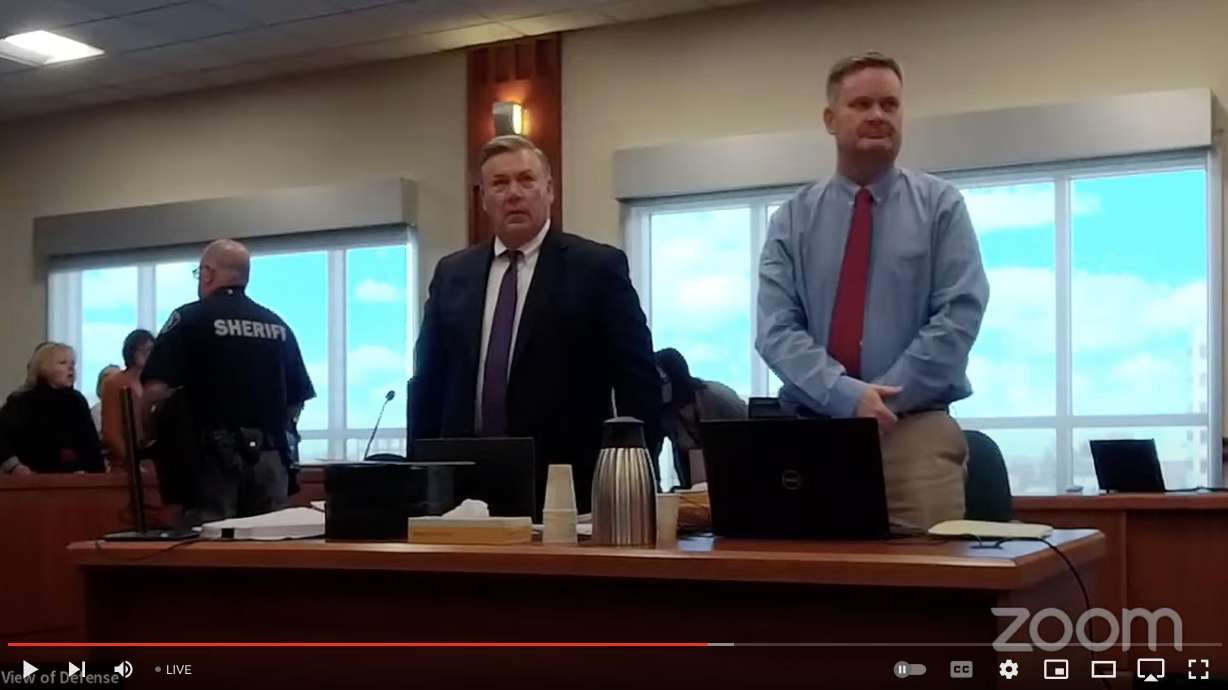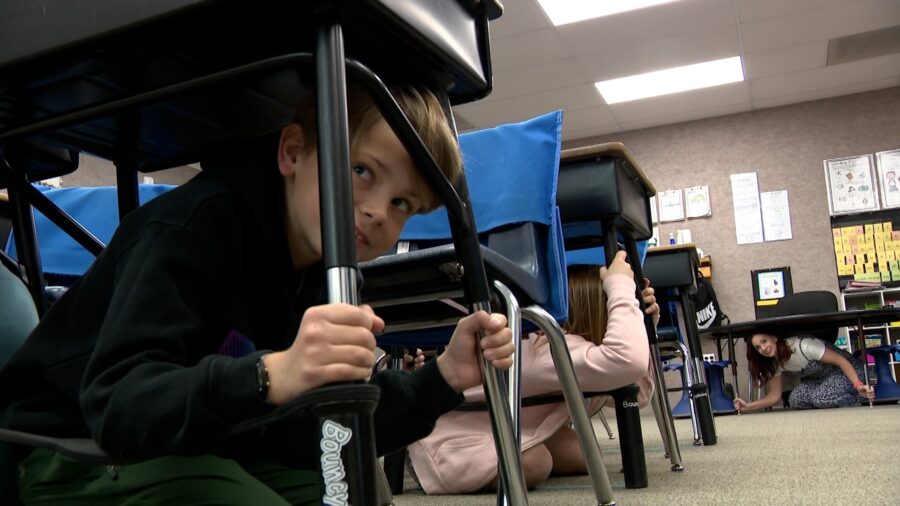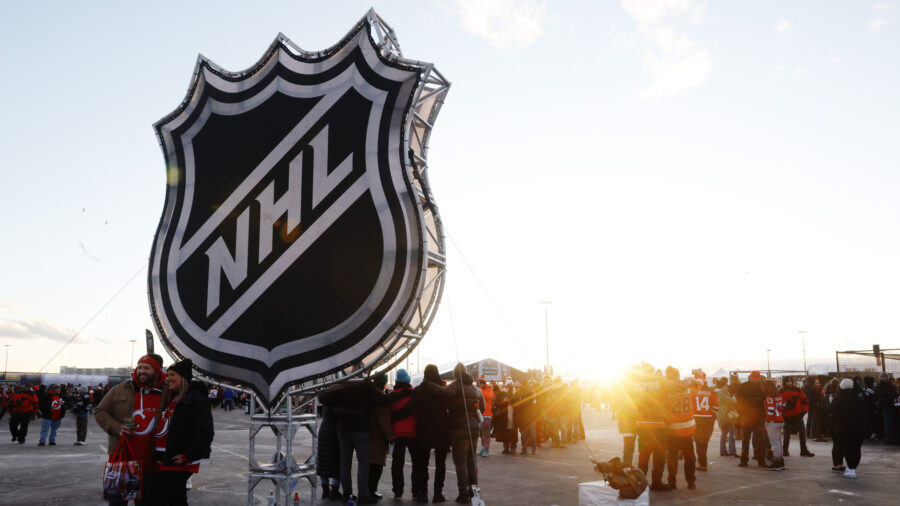Experts weigh in on interest rates and risk of recession
Jul 27, 2022, 8:09 PM | Updated: 10:40 pm
SALT LAKE CITY — Interest rates jumped by .75 percent again Wednesday, the latest effort by the federal reserve to take money out of the economy and bring down inflation. But experts said the challenge will be doing it without bringing the country into a recession.
“Right now, the U.S. is dealing with an overheated economy,” said Phil Dean, the chief economist at the Kem C. Gardner Policy Institute.
Dean compared the economy to flying down the freeway at 100 mph. The federal reserve is tasked with keeping inflation under control so they’re stepping on the brakes by increasing interest rates.
“The risk is if we push on the brakes too hard we might end up going in reverse,” he said.
“The reverse option is you step on the brake so hard you cause an economic crash. You cause massive layoffs in the economy because you tempered demand so much that people stopped buying not just a little bit less, but they buy a lot less.”
Dean said he thinks there is a significant risk of recession in part because the Fed started braking too late.
“They got behind inflation instead of getting ahead of it,” he said.
Dean said that’s what has prompted big increases in interest rates rather than more gradual, small increases.
“Everything is more expensive and the Federal Reserve is a little bit frightened by that,” said Jeff Segelke, the founder of Segelke Financial Group.
Segelke said inflation is not going to drop overnight. But he has heard from clients and listeners on his radio show that inflation combined with the interest rate hike is impacting consumers.
“It’s causing fear,” he said. “I’m hearing again and again that people are nervous, scared, scared of the recession, scared of losing money.”
That fear, he says, is causing people to hold back on borrowing money and buying certain items. And as consumers buy less, demand decreases, ultimately impacting prices and jobs.
“That’s how a recession really starts. People start pulling back, spending less and as demand goes down that hurts the economy.”
Segelke said they anticipate the interest rate hikes will lead to a recession sometime next year, adding that, “we’re hoping for a soft landing.”
He said it’s important for people to have a rainy day emergency fund, food storage and to begin preparing for the possibility economic downturn.
“The difference is we shouldn’t stop our lives. We shouldn’t stop spending. Or stop enjoying life.”
Dean notes that the direct impact on people “is very small from the rate that is actually increased.” Where it impacts people is when other interest rates adjust to respond to the increase. So if someone is in debt or looking to buy big items like a car or a home.
Dean said there is still a lot of money in the economy, and it will take while before inflation goes down.
“[There is] certainly a significant likelihood of a recession, although I don’t think that’s a 100 percent guarantee.”
On Thursday, the GDP report for the second quarter will be released, another indicator of how the economy is doing and the likelihood of a recession.


